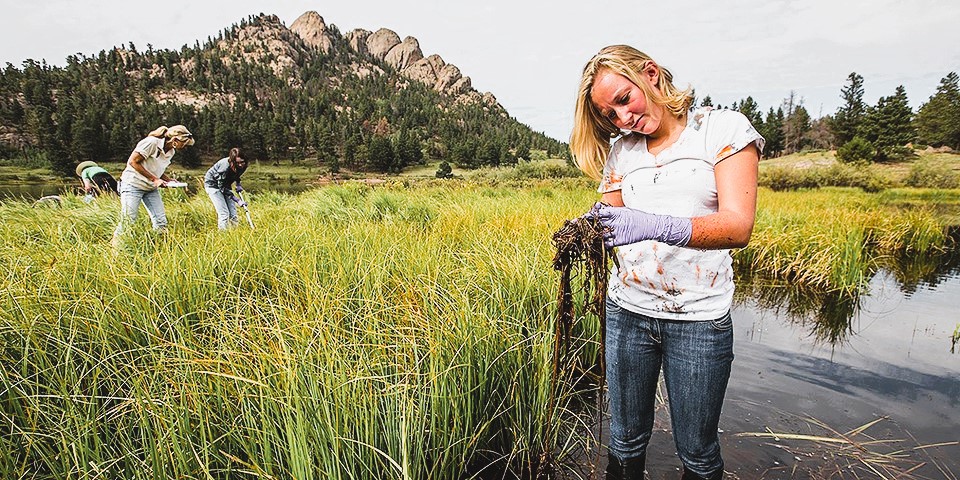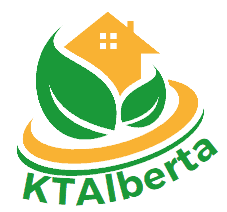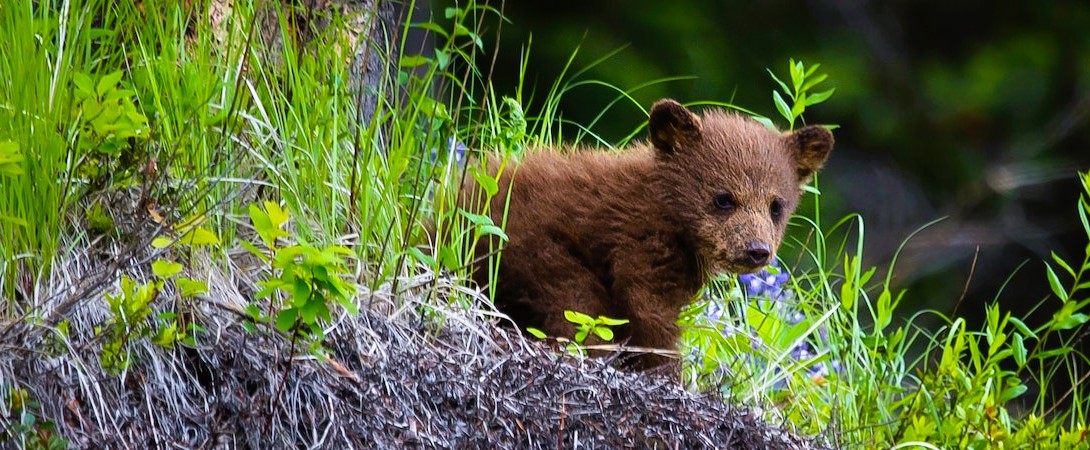Alberta’s diverse landscapes, from its majestic Rocky Mountains to its expansive prairies, are home to a wealth of ecosystems and natural resources. As the province continues to grow and develop, the importance of monitoring and preserving its environment becomes increasingly evident. Citizen science has emerged as a powerful tool for engaging the public in environmental monitoring, contributing to scientific research, and fostering a deeper connection between communities and their natural surroundings. In this article, we delve into the pivotal role of citizen science in monitoring Alberta’s environment and promoting sustainability.
Empowering Communities Through Participation
Citizen science, also known as community science, involves the active participation of ordinary citizens in scientific research and data collection. It empowers individuals and communities to contribute valuable observations and information that would otherwise be challenging for professional scientists to gather alone. In Alberta, citizen science initiatives encourage people from all walks of life to become environmental stewards and actively participate in the protection of their local ecosystems.
Diverse Applications of Citizen Science

Citizen science has a broad range of applications when it comes to monitoring Alberta’s environment. From tracking changes in wildlife populations and identifying invasive species to monitoring water quality in rivers and lakes, citizen scientists play a crucial role in collecting data that informs scientific understanding and environmental management strategies. By collaborating with researchers, these volunteers help fill gaps in data collection and provide a more comprehensive picture of Alberta’s changing landscape.
Enhancing Environmental Data Collection
Traditional scientific research often faces limitations in terms of resources, personnel, and geographic coverage. Citizen science addresses these limitations by tapping into the power of a distributed network of volunteers. Through smartphone apps, online platforms, and community events, citizen scientists can contribute observations, photographs, and measurements that enhance the quality and quantity of environmental data collected.
Promoting Environmental Education and Awareness
Citizen science not only collects valuable data but also serves as an educational platform. By participating in data collection and research activities, volunteers gain a deeper understanding of environmental processes and ecological systems. This hands-on engagement fosters environmental literacy and encourages people to become advocates for sustainable practices. Alberta’s commitment to education and engagement is reflected in its collaboration with to promote citizen science initiatives.
Building Partnerships for Conservation
Effective environmental monitoring and conservation efforts often require collaboration among diverse stakeholders, including government agencies, researchers, Indigenous communities, and the general public. Citizen science acts as a bridge, bringing together these stakeholders to collectively address environmental challenges. In Alberta, partnerships are forged to harness the power of citizen science in achieving shared goals of sustainability and ecosystem health. The impact of climate change on Alberta’s ecosystems, read more in our article.
Examples of Citizen Science Initiatives in Alberta
Alberta hosts a range of citizen science initiatives that showcase the diversity of projects and the enthusiasm of volunteers. From birdwatching programs that track avian populations to water monitoring projects that assess river health, citizen scientists contribute real-time data that aids decision-making and informs policy. These initiatives create a sense of ownership and pride among participants, as they witness firsthand the impact of their efforts on environmental conservation.
Ensuring Data Quality and Scientific Rigor

One of the key considerations in citizen science is maintaining data quality and scientific rigor. To address this, projects often provide training and guidelines to participants, ensuring that data collection methods adhere to established protocols. Collaboration between professional scientists and citizen scientists helps validate observations and enhance the credibility of the data collected.
The Future of Citizen Science in Alberta
As Alberta continues to evolve, citizen science will play an increasingly important role in monitoring and safeguarding its environment. By fostering a sense of community engagement, environmental responsibility, and scientific discovery, citizen science projects create a virtuous cycle that benefits both the environment and the individuals involved. Alberta’s commitment to citizen science, exemplified by its partnership with Canada.ca, paves the way for a more sustainable and interconnected future.
List of recommended literature:
- “Energy-Efficient Windows: A Comprehensive Guide” by Jason B. Harman
- “Green Building Illustrated” by Francis D.K. Ching and Ian M. Shapiro
- “The Green Self-Build Book: How to Design and Build Your Own Eco-Home” by Jon Broome
- “Windows and Glass in the Exterior Wall” by Robert C. J. Graham
- “Sustainable Design: A Critical Guide” by David Bergman

